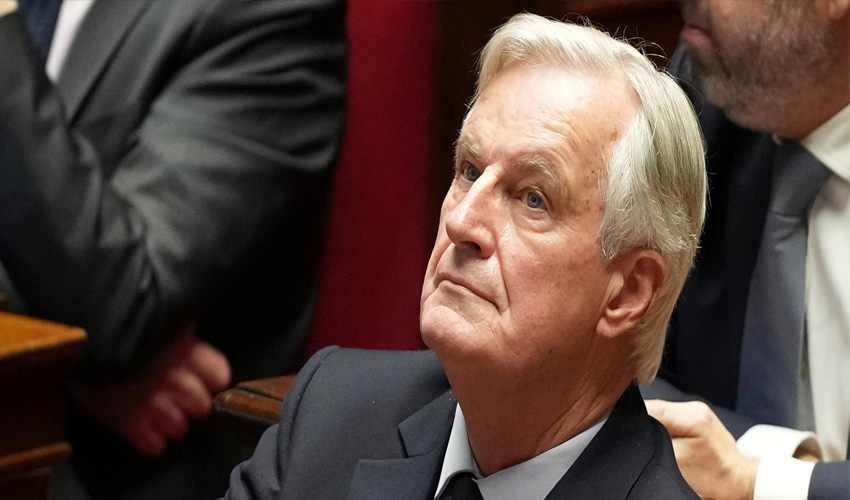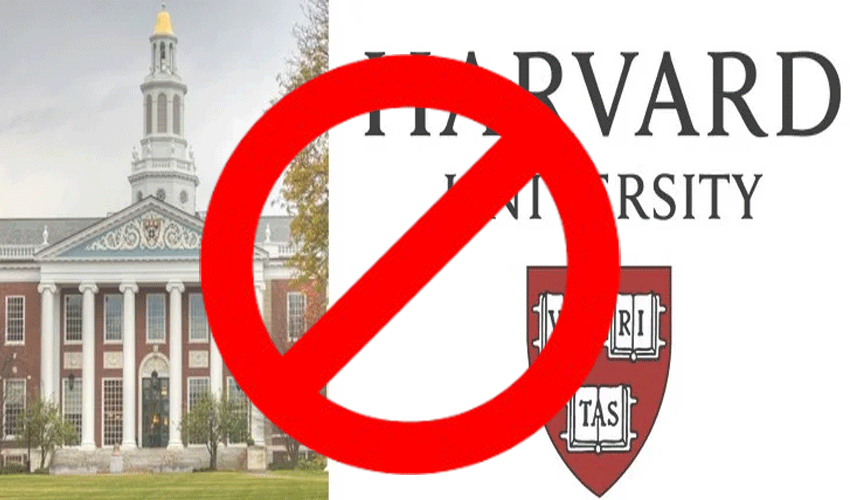French Prime Minister Michel Barnier’s government has been ousted in a no-confidence vote, marking a significant political crisis and raising doubts over the country’s upcoming budget for next year.
The 73-year-old Barnier, appointed by President Emmanuel Macron in September, saw his centrist, minority government lose support in the National Assembly on Wednesday.
The vote, which saw 331 members of the 577-seat parliament back the motion to remove him, represents France's first government to be toppled by such a vote in over 60 years.
The vote follows widespread discontent with Barnier’s austerity-driven budget proposals, which aim to reduce France’s public deficit, currently estimated at 6.1% of its GDP.
The government’s controversial decision to use special constitutional powers to bypass a final parliamentary vote on a portion of the budget drew sharp criticism from both the far-right and left-wing factions.
Barnier’s efforts to secure 60 billion euros in savings, primarily aimed at reducing the budget deficit in line with European Union requirements, angered many, especially those from the lower-income groups who felt the measures would disproportionately affect them.
Political fallout
Marine Le Pen, leader of the far-right National Rally party, expressed that the vote placed increasing pressure on President Macron, though she stopped short of calling for his resignation. “The ball is now in Macron’s court,” she remarked, referring to the president’s ultimate responsibility for resolving the ongoing crisis.
Meanwhile, Mathilde Panot, head of the hard-left France Unbowed (LFI) party, called for early presidential elections, demanding that President Macron step down to allow for a fresh resolution to the country’s political deadlock.
As tensions mount, President Macron is expected to address the nation in a televised speech on Thursday evening. According to a statement from the Elysee Palace, the speech will offer further insight into the president’s plans for navigating this political impasse.
Barnier’s appointment
Barnier - known for his role as the European Union’s Brexit negotiator - was handpicked by Macron to lead the government following a snap election in July, which resulted in a hung parliament.
This turn of events has sparked a deepening political crisis, with questions now swirling about how France can move forward. Any new prime minister would face significant challenges in passing bills, including the crucial 2025 budget, through the divided National Assembly.
With a new parliamentary election not possible before July, Macron may consider appointing a caretaker government, either to roll over provisions from the 2024 budget or to invoke special powers to pass the 2025 budget by decree.
However, this would likely carry significant political costs and raise questions about the legality of such a move, with many jurists labeling it a “grey area.”



























